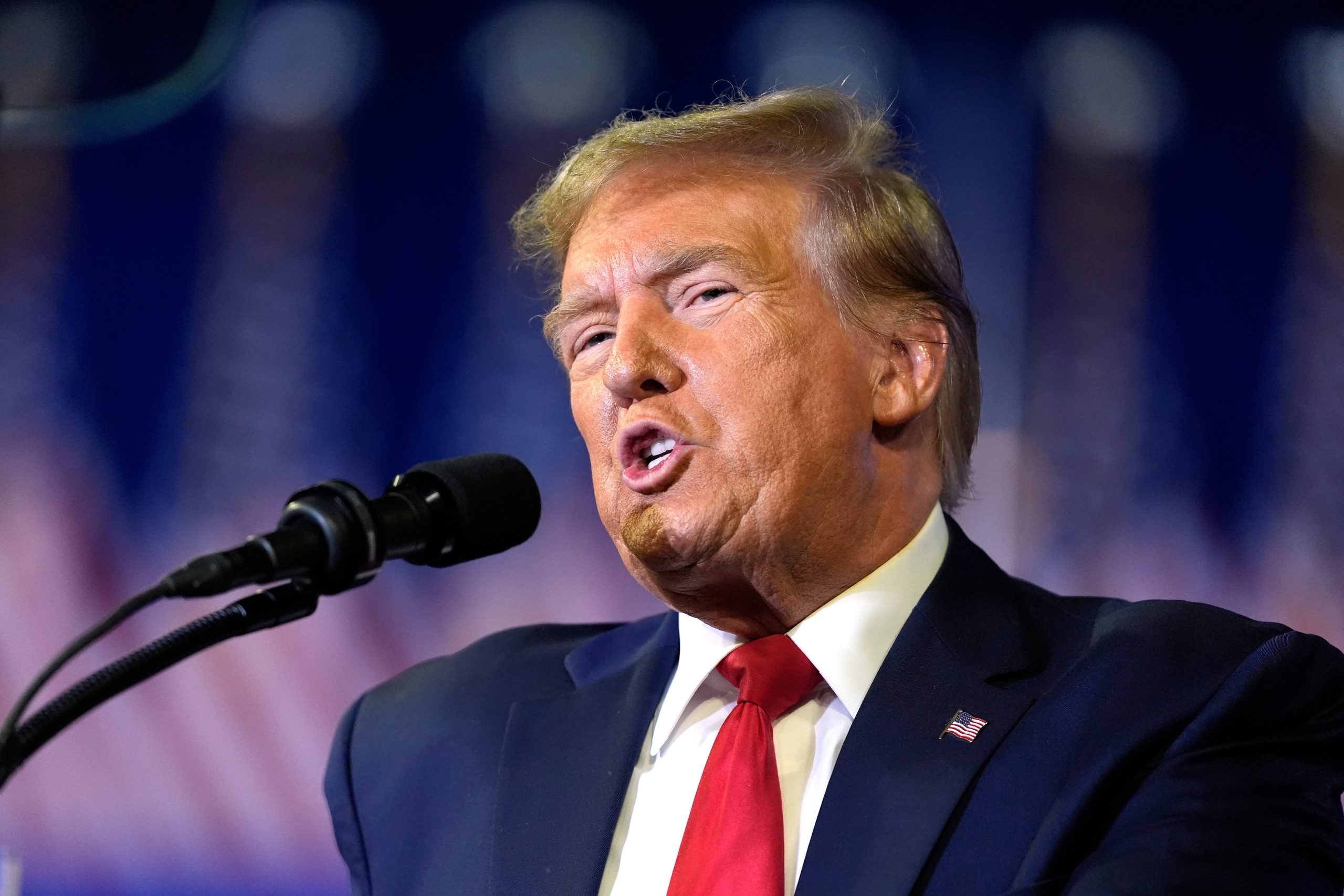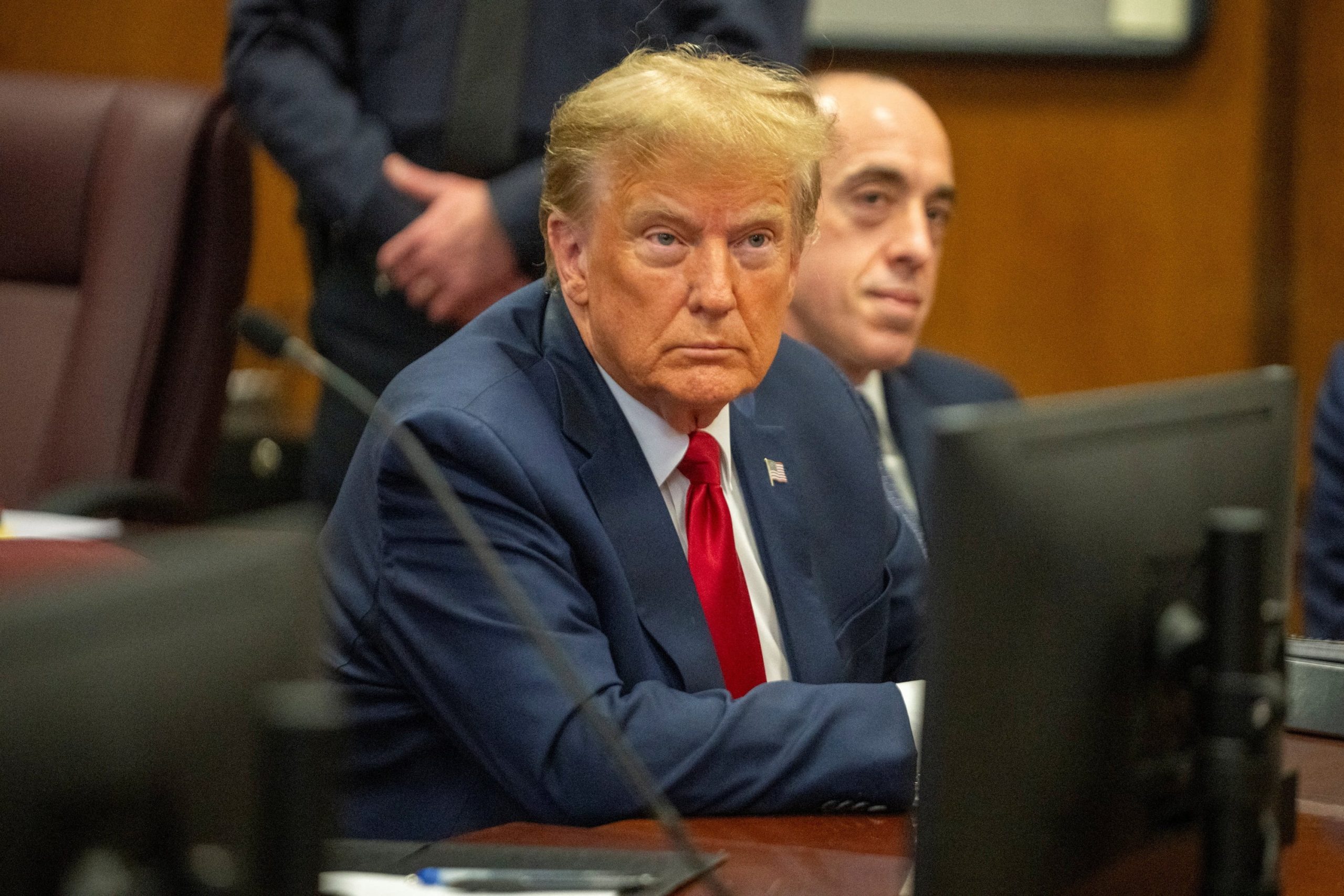There exist various viewpoints on the legality of abortion, rooted in beliefs regarding biology, ethics, or metaphysics. Some, notably religious conservatives, argue that life begins at conception, viewing any interference with fetal development as homicide.
This extreme stance underpins the “fetal personhood” position, which seeks to legally compel women to complete every pregnancy.
Others, while not as extreme, advocate for banning abortions once a fetal heartbeat is detectable, typically around six weeks, as seen in several states following the Supreme Court’s reversal of Roe v. Wade.
Certain opponents of abortion, based on contested medical claims, advocate for banning abortions at 15, 20, or 22 weeks, citing fetal pain sensitivity.

Trump (Credits: AP News)
Conversely, many believe fetal viability, around 24 weeks, marks the point at which a fetus becomes distinct from its mother, justifying some restrictions on abortion.
Viability was the standard for abortion rights during Roe v. Wade and Planned Parenthood v. Casey. Some pro-choice advocates are working to restore this standard through state measures or statutes.
However, others argue that as a matter of bodily autonomy, the right to abortion should be unconditional, regardless of fetal development stage. While legal schemes governing abortion often rest on shaky rationales, they typically have some basis.
This contrasts with Donald Trump’s reported plan for a 16-week national abortion ban with exceptions for rape, incest, or saving the mother’s life.
Trump’s preference for 16 weeks stems from its evenness and roundness, reflecting his transactional approach to abortion since his candidacy in 2015.
Anti-abortion activists, understanding Trump’s transactional nature, have shown restraint despite his public criticism and refusal to support a national 15-week abortion ban.
They likely appreciate his role in reshaping the Supreme Court but also recognize his position on abortion as a tactical stance rather than a deeply held belief.
The proposed 16-week ban could give anti-abortion activists a presidential candidate committed to a national abortion ban. However, it may not achieve what Trump suggests, as his past comments on abortion seem to treat it like a real-estate negotiation rather than a deeply moral or ethical issue.
Such a ban would likely create a floor for abortion restrictions, allowing blue states to ban abortions after 16 weeks while red states could ban abortion entirely.























